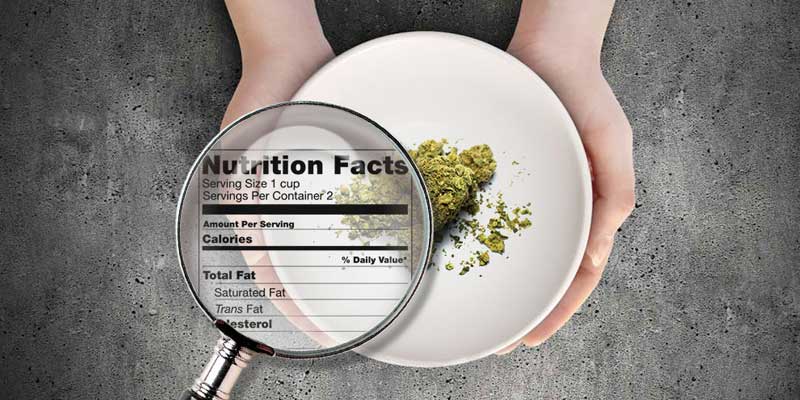The ivy gourd is a common vegetable in Africa and Asia. This veggie has a watermelon-like appearance and spreads swiftly as a climber. It appears in a number of recipes. Each component of Kovakkai has a variety of health advantages. It can be taken directly as a tonic or prepared into a paste and applied to the skin.
Raw ivy gourd leaves provide the best benefits. The ivy gourd plant has a reputation for enhancing metabolism, lowering blood sugar, and preventing diseases like diabetes. Ivy gourd is also excellent for the nervous and cardiovascular systems. Even kidney stones can be treated, according to studies. If washed, boiled, or cooked, ivy gourd has no negative side effects.
About Ivy Gourd
Ivy gourd is officially known as Coccinia Grandis. It is additionally known as a scarlet gourd. This vegetable is well-known in the Assamese states of West Bengal and the northeast. Additionally, it is grown in various regions of Southeast Asia. Ivy gourd is also known by the names kovakkai, kundru, tendli, and dondakaya.
In certain areas, the entire ivy gourd vegetable is eaten, however, in other parts of the world, just the shoots are consumed. The vegetable created by Coccinia Grandi is widely grown in China, Africa, Cambodia, and Myanmar. This climber’s seeds or other parts are utilised to grow this veggie. Vegetable ivy gourds grow up to 4 inches per day. It has lovely flowers. However, the coccidia Grandis also has a lot of health advantages.
Nutritional Value of Ivy Gourd
Traditional medicines for the efficient treatment of a number of illnesses and infections are made from the fruits of the ivy gourd. This climber’s leaves have antihistamine and mast cell stabilizing effects, making them useful in the treatment of fever, bronchitis, jaundice, and osteoarthritis.

Beta-carotene, which is abundant in ivy gourds, protects the heart’s proper performance and guards against heart diseases. This fruit, which is also known as a baby watermelon, has a delightful flavour and is packed with vital vitamins, minerals, and nutrients.
Ivy gourds have 1.6 mg of dietary fibre, 40 mg of calcium, 1.4 mg of iron, 0.07 mg of vitamins B1 and B2, and 0.07 mg of vitamin B2. Like watermelon, this fruit is primarily composed of water.
Health Benefits

Lowers blood sugar level
Diabetes has been treated with ivy gourd, an Ayurvedic herb. This plant’s leaves and stems are cooked and eaten or included in soups. Green fruits can be cooked and added to curries or used in salads.
This vegetable’s raw leaves have successfully increased glucose tolerance in tests. Consuming this vegetable frequently throughout the week can undoubtedly aid in blood sugar regulation.
Keeps the metabolism in good shape
A vitamin called thiamine converts carbohydrates into glucose, keeping the body’s energy levels high and regulating metabolism. Thiamine enters the blood plasma after eating ivy gourd, increasing energy production. Additionally, this vitamin aids in the production of red blood cells. This veggie that increases energy also treats several genetic illnesses.
Prevents obesity
Numerous studies have found the ivy gourd root to have anti-obesity properties. It directly interfered with the development of pre-adipocytes by inhibiting at least the main transcription factor for adipogenesis, PPAR.
In addition to decreasing blood sugar, the existence of a potential anti-adipogenic chemical in this plant may make it acceptable for use in treating metabolic illnesses brought on by obesity.
Defends the nervous system
Water-soluble vitamins like B2 are present in ivy gourd. Since the body cannot keep it, it requires a daily dose.
It represents a crucial nutrient in your diet and plays a significant part in energy generation. The minerals, vitamins, and antioxidants in ivy gourd aid in the strengthening of the nervous system.
Ivy gourds aid in the treatment of a variety of nervous system-related issues, including anxiety, Alzheimer’s disease, numbness, epilepsy, multiple sclerosis, and others.
Enhanced digestion
Dietary fibre is crucial for boosting your stool’s weight and volume as well as for softening it. To give the feces more volume, ivy gourd must be consumed frequently.
The fibre in ivy gourd helps with digestion. Thus, by adding roughage to the stool, this vegetable promotes easy bulk evacuation. Additionally, it treats various gastrointestinal conditions including illness, constipation, and ulcers.
Side-Effects

Ivy gourd is generally good for us, but occasionally it might have negative affects. Medicines are made from fruit, stem, and leaves. There may be some people for whom ivy gourd can cause skin sores.
The skin will show signs of an allergic reaction to the herb. Depending on when the person consumes the food, the reaction time will change. With the aid of medical professionals, the allergy is easily treatable. If any responses are noticeable on the skin, it is imperative to see a doctor right away.
4 comments
It gives useful information about ivy gourd. Never knew so many benefits of it.
It is really an awesome blog on Ivy gourd as you guys provide a deep information on everything i have tried to read on your website. Keep up the good work guys. You guys rock.
Great blog on this specific vegetable. Seems very informative for someone who is very health conscious and wants to learn about the ifs and buts of the same.
Your blog about Ivy gourd is absolutely fantastic! I’ve noticed that you cover every topic in great detail on your website. . Kudos for providing such informative content!